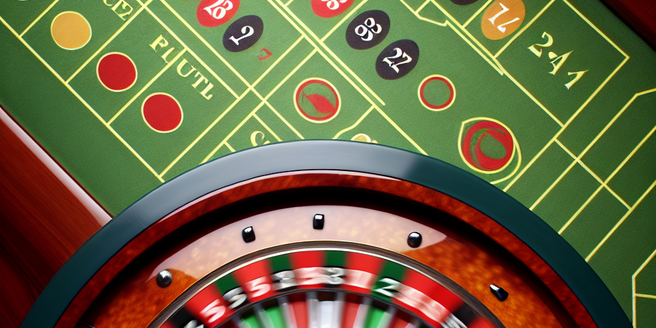
Understanding the Basics of Probability
In any given event, probability is the likelihood that a particular outcome will occur. It’s essential in assessing the odds of winning a prize. Due to its quantitative nature, probability uses numbers to represent the likelihood of an event occurring. Furthermore, probability plays a crucial role in many fields, from weather forecasting to the stock market prediction. Probability provides a quantifiable way to estimate potential outcomes. Moreover, the concept has profound implications, influencing our decision-making and risk assessment in various situations. When it comes to winning prizes, the basic rule of thumb is that the higher the total number of entries, the lower your chances of winning. This is a simple yet powerful concept on which many aspects of statistical analysis are based.
Deciphering the Odds of Winning
Understanding the odds of scoring prizes requires an exploration of probability’s core principles. To truly grasp the concept, you must understand that a simple formula calculates these odds: divide the total count of available prizes by the total number of participants or entries. Still, in calculating your chances, it’s vital to consider that prizes and their value can significantly range, adding complexity to the process. The higher the value of the prize, the harder it makes for you to stand a winning chance.
Analyzing the odds closely can reveal intriguing insights about the strategies to adopt when entering contests or draws. Recognizing the odds and their interaction with the prize’s worth allows any contestant to better strategize their entry, increasing their chances at a prospective win. A better understanding can truly guide your approach in a more favorable way.
Case Studies: Most Popular Prize Draws
Analyzing popular prize draws, particularly those which command significant attention, can provide vital insights into what makes an appealing prize and how often these culminate in a jackpot winner. Some prize draws have become globally popular due to substantial high-value prizes and the level of excitement they generate, which could be from suspense, thrill, or societal pressure. This analysis not only shows what is attractive in abstract, but also delves into the psychology of participants by revealing their motivations— whether it is the desire for luck, the thrill of the unknown, or life-changing win. Understanding these elements also helps in understanding the marketing strategies behind such enterprises and the reasons why some draws manage to appeal to different nations and cultures. Moreover, this dissection not only sheds light on human behavior and tendencies but also on broader societal trends and economic dynamics influenced by prize draws, therefore providing a compelling view of the complex spectacles known as prize draws.
Strategies to Improve Your Winning Chances
Entering prize draws can be thrilling and certain strategies like entering as many competitions as possible, or choosing those with fewer entries or more substantial prizes, can enhance your chances of winning. However, it’s important to understand that despite the strategic approach to improve your odds, the final outcome still fundamentally depends on luck and probability. As such, embrace these strategies, but remember that the final determinant is luck, which adds to the charm and unpredictibility of prize draws – the excitement of uncertainty.
Lifecycle of a Prize – From Drawing to Winner
A prize’s lifecycle starts with the drawing or lottery and ends when a winner claims it. This starts with selecting an item or amount to be won, which can vary greatly based on the type of event. During this process, thrill and anticipation build among potential winners. Simultaneously, the event organizers put in significant efforts to uphold transparency and fairness. After this point, the prize’s life can end, or it may go unclaimed. Unclaimed prizes can often get rolled over to the next draw, increasing the value of the next potential win. The lifecycle of a prize is a fascinating journey, reflecting the highs and lows of the chance game we call ‘the prize draw’.
